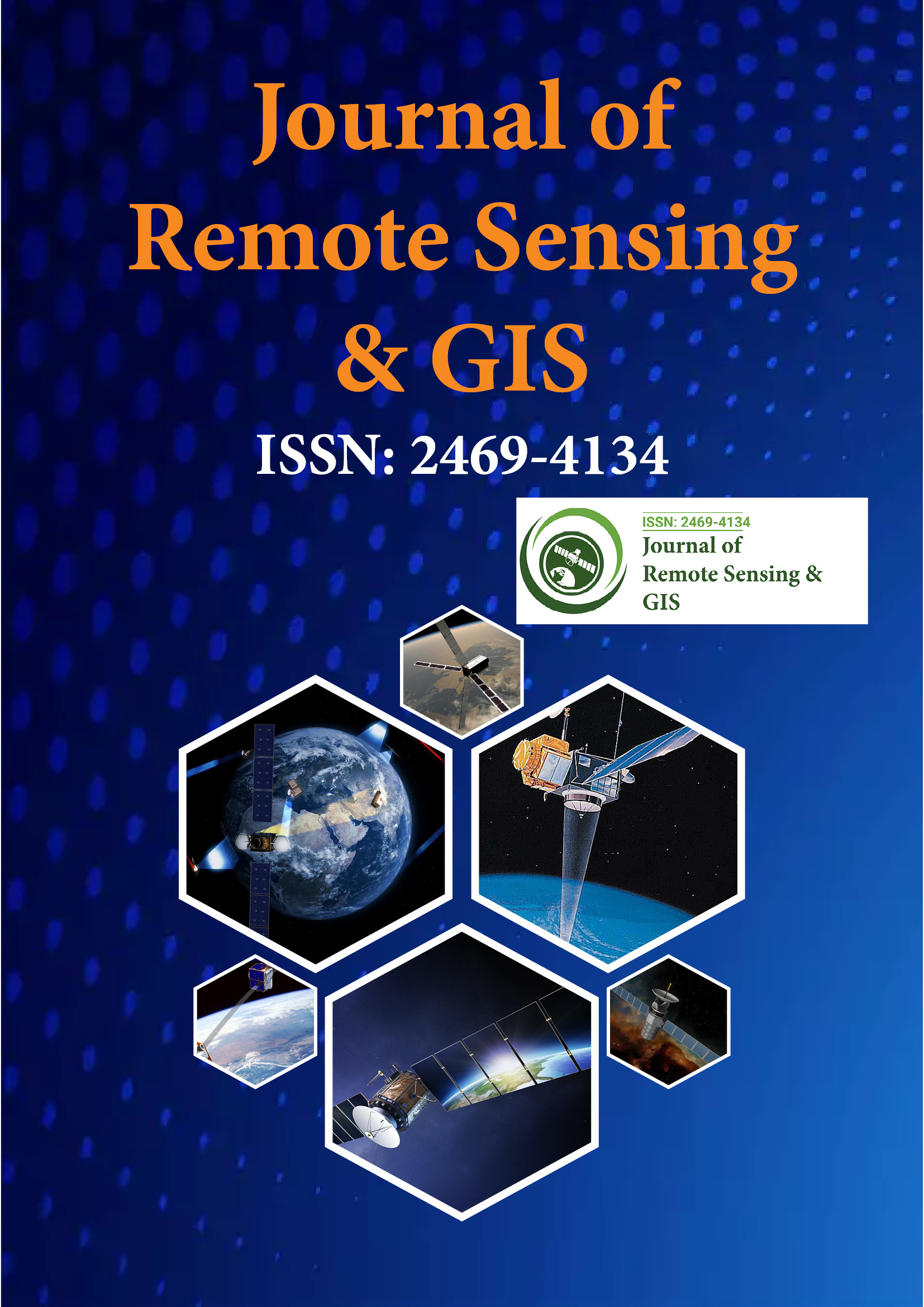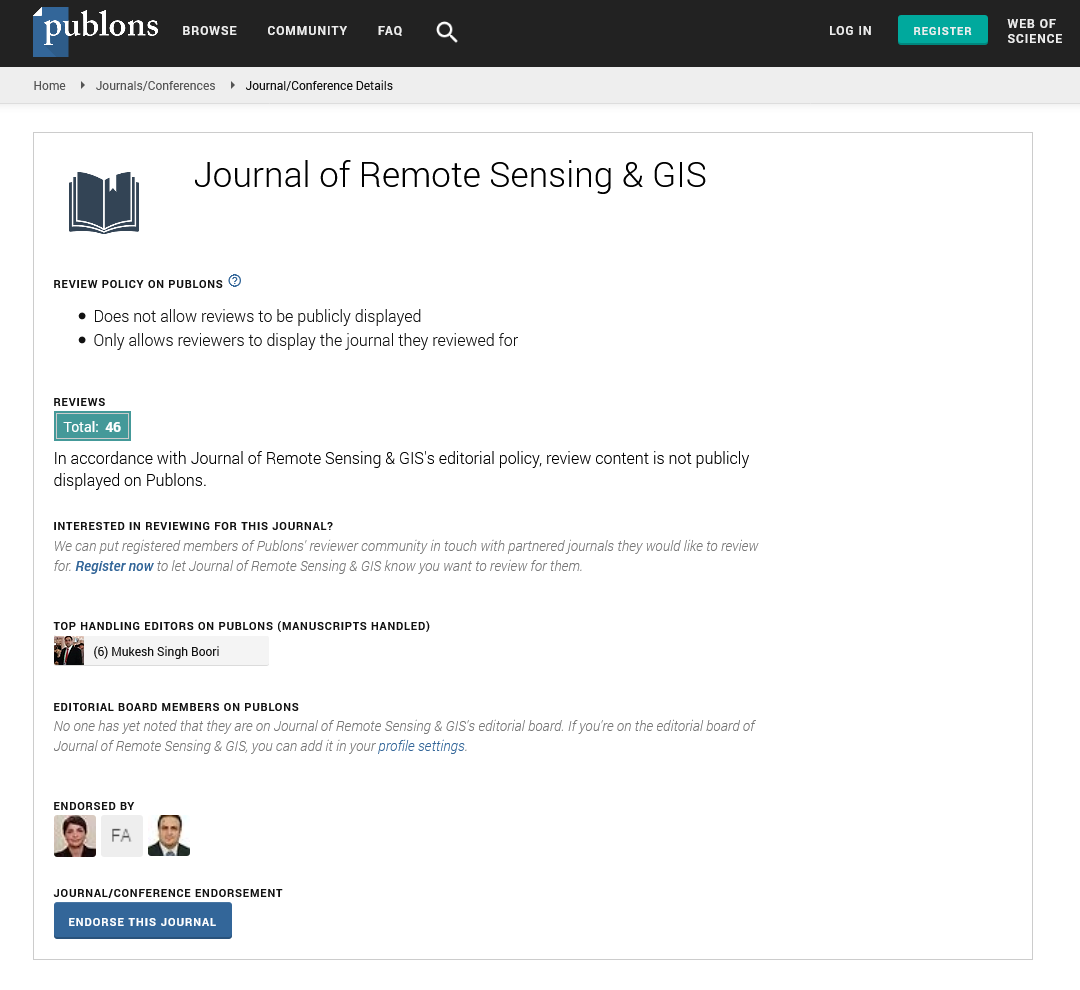Indexed In
- Open J Gate
- RefSeek
- Hamdard University
- EBSCO A-Z
- OCLC- WorldCat
- Publons
- International Scientific Indexing
- Euro Pub
- Google Scholar
Useful Links
Share This Page
Journal Flyer

Open Access Journals
- Agri and Aquaculture
- Biochemistry
- Bioinformatics & Systems Biology
- Business & Management
- Chemistry
- Clinical Sciences
- Engineering
- Food & Nutrition
- General Science
- Genetics & Molecular Biology
- Immunology & Microbiology
- Medical Sciences
- Neuroscience & Psychology
- Nursing & Health Care
- Pharmaceutical Sciences
Abstract
Geomorphologic Case Studies on the Current and Former Glacier Dynamics in High Asia
Matthias Kuhle
On the basis of 96 chosen, since 1976 geomorphologically investigated glaciers in the mountain-massifs of the Himalaya, Karakorum, Tibet, Kuenlun, Quilian Shan, Pamir, Kingata Shan and Tienshan there has been observed a general glacier retreat in the whole of High Asia since the LIA-1850. This corresponds to the global synchronicity as it is applied to the Quaternary, i.e. pre-historical glaciations. This trend existing over 160 years has been interrupted by at least several glaciers due to up to 5 glacier advances. Their development and extent was dependent of the special type of glacier and its interference of topography and snowline depression. The snowline depression (ΔELA) reached up to c. 40 altitude meters. Sporadically, remarkably large advances are led back to surges. Due to the mass balances, individualized by glacier-sizes and glacier-typological characteristics, a detailed, climate-genetic synchronizing within the last 160 years is not really possible, i.e. cannot really be stressed. This applies to the whole of Asia. The most homogenous retreat, however, is shown by the youngest glacier retreat in the Himalaya.

